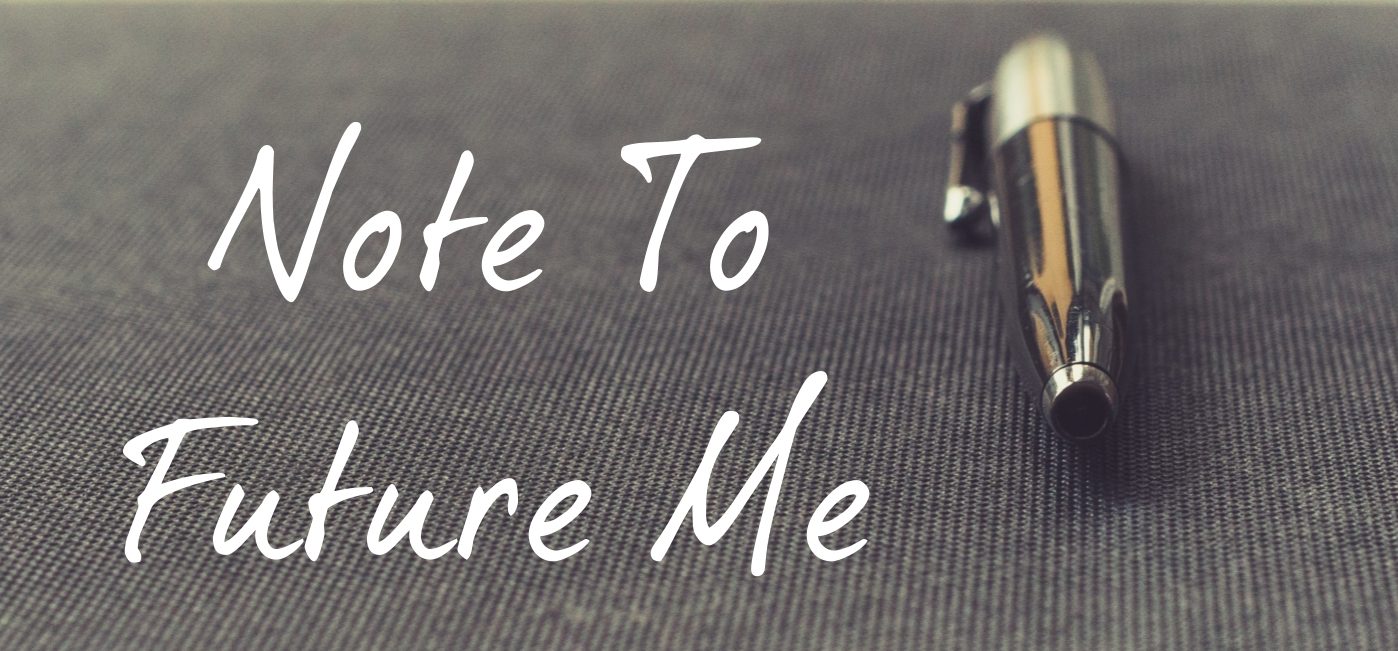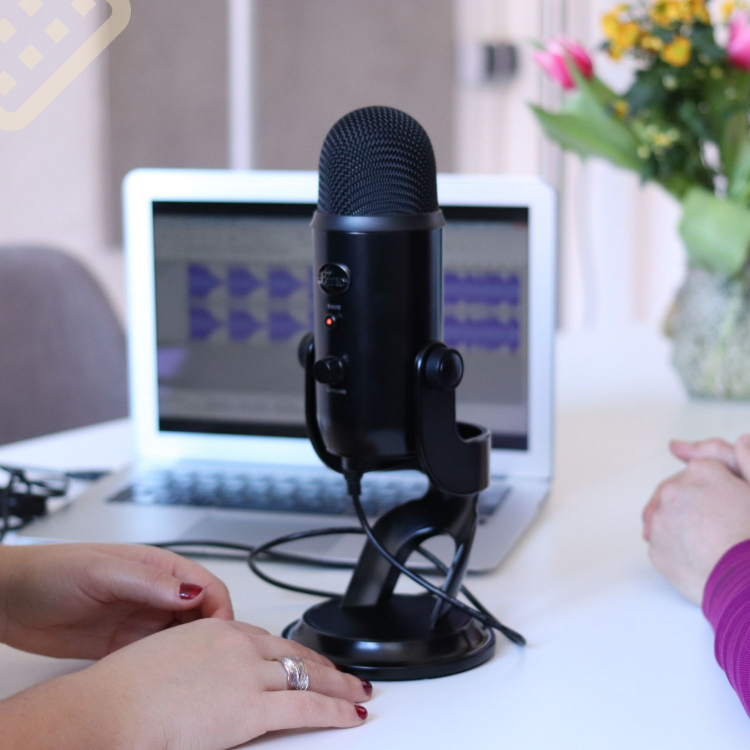You’re a new podcaster, and you aren’t utilizing a recording or production studio. You’re probably looking for a USB or XLR microphone that’s affordable and easy to use.
It can be intimidating.
And usually throwing the question into a podcast Facebook group will leave you even more bewildered with all the “I love this one” options.
This is day 23 of my 31 Day Podcast Challenge
If you’re an experienced podcaster, you’re probably looking up to level up your sound quality. You’re ready to spend a few dollars on a better product to boost the production value of your show.
You may be looking to buy other podcast equipment that will sonically enhance your show.
No matter where you are in your podcasting career, here is some help with a USB or XLR microphone.
I have a 30 plus year career in broadcasting prior to coming into the podcasting industry full time. So I’ve seen and heard a few microphones over the years.
I’ve put together a list of USB microphones and XLR microphones to consider for podcasting.
It’s important to understand the difference between these two categories.
First things first—let’s define what XLR means. It’s a pretty simple abbreviation for X Connector, Locking Connector, Rubber Boot. In short, XLR is the go-to standard for high-quality audio inputs. This is because they send a balanced signal that isolates noise.
Most professional audio equipment is designed for XLR microphones which gives you a ton of flexibility to upgrade pieces of your audio stack over time.
Most importantly, they also produce better sound quality than USB microphones.
Keep in mind, you can’t use an XLR microphone on its own. You also need a mixer, field recorder, or an audio interface. That is an expense a new podcaster has to budget in.
A USB Microphone is an easy way of making quality recordings on your computer or tablet in a snap. USB Mics are highly portable and work on PC, Mac, iPad. It is literally a microphone which contains all the wiring necessary to simply connect to a USB port and start recording.
USB microphones have the same capsules and condenser elements as XLR mics. There is no additional gear required, so they’re easier to set up and affordable for new podcasters.
Keep in mind, USB microphones make it harder to record multiple tracks. Recording software often struggles to distinguish between different mics.
Plus, there aren’t many good inexpensive USB mic options. Most inexpensive (under $100) are designed toward beginners.
XLR Microphone Under $150
Rode PodMic Podcasting Microphone
The PodMic is a broadcast-quality dynamic microphone optimized for podcasting. It has a rich, balanced sound, with an internal pop filter to minimize plosives and internal shock mounting to reduce vibration. It has a cardioid pickup signal to reduce room or studio noise pickup.
XLR Microphone Under $250
Shure SM86-LC
Shure SM86 has everything the SM line of Shure microphones has stood for for all these years — durability, quality performance, and reliability. Tailor-made for vocals, this condenser microphone brings studio quality to your recordings.
They sound warm and clear due to a brightened midrange and bass rolloff, while their metal windscreen and cardioid pickup pattern work together to eliminate background noises.
XLR Microphone Under $300
Electro-Voice RE320 Cardioid Dynamic Broadcast Microphone
The Electro Voice RE320 Dynamic Microphone is a professional quality mic designed specifically for recording and sound reinforcement applications requiring extremely low noise and the highest level of predictable tonal and transient response.
XLR Microphone Under $400
Shure SM7B
The SM7B dynamic cardioid microphone has a smooth, flat, wide-range frequency response appropriate for speech in all professional audio applications. It features excellent shielding against electromagnetic hum generated by computer monitors, neon lights, and other electrical devices.
USB Microphone Choices
USB microphones are growing in popularity, mostly because of they are easy to use, and are travel-friendly. You can easily swap them around devices and use them with any recording application, like Zoom, Squadcast, or Zencastr.
Many of the heritage microphone manufacturers have released USB mics, so there are solid microphone manufacturers backing them up.
USB Microphones Under $100
Audio Technica ATR2100
The ATR2100-USB is a rugged handheld dynamic microphone that offers two outputs, USB output for digital recording, and an XLR output that connects with a sound system’s conventional microphone input for use in live recording.
I would recommend this microphone for podcasters who aren’t ready to commit to spending a lot of money. Additionally you should consider buying an XLR to USB cable. The USB output on the back of USB microphones can become loose and disconnect within the microphone.
Audio Technica has a gracious return / exchange policy – but, you are without a microphone during that period. Also, if you are a Mac user, consider a USB to USB-C connector as well. You know how precious USB ports are on a Mac!
Samson Q2U
Q2U combines the convenience of digital and analog audio capture into one dynamic microphone. With XLR and USB outputs, the Q2U is the first choice for home/studio and mobile recording.
The Q2U is simple to setup and outshines microphones that cost more than twice the price. It comes with a mic clip, desktop tripod stand with extension piece, windscreen, XLR cable and USB cable. A package with everything you need to start recording right out of the box.
USB Microphones Under $300
Rode Podcaster USB Microphone
The RØDE Podcaster is a dynamic, end-address USB microphone that combines broadcast-quality audio with the simplicity of USB connectivity, allowing recording direct to a computer without the need for an additional digital interface.
It has a built in windscreen, headphone jack, and that it’s designed specifically for broadcast applications. A headphone output on the microphone body provides zero-latency monitoring, so the user can hear exactly what is being recorded, free of delay or echo.
Shure MV7
Boasting excellent sound quality and features built for content creation, the Shure MV7 USB microphone has become the mic of choice among podcast hosts and content creators. Inspired by the SM7B Broadcast Microphone, the MV7 has a highly directional cardioid pickup pattern that rejects unwanted background noise. Its optimized frequency response flatters voices of all kinds and has a pleasing proximity effect.
This USB mic offers both USB and XLR outputs so you can record however you want to. A built-in headphone output provides direct monitoring while a touch control strip handles gain and monitoring levels. And with its onboard DSP, the sky is the limit with the Shure MV7 USB Podcast Microphone.
USB microphones and XLR microphones have benefits and drawbacks, but there are plenty of options.
Any USB microphone that you are looking to spend more than the Rode Podcaster USB Microphone or Shure MV7, I would suggest you start moving into an XLR microphone. Spending that kind of money on a USB microphone is just not going to up your podcast audio sound quality compared to moving into an XLR only microphone.
Recorded in Studio C at Channel 511, in the Brewery District, downtown Columbus, OH.
Brett Johnson is the owner and lead consultant at Circle270Media Podcast Consultants. With over 35+ years of experience in Marketing, Content Creation, Audio Production/Recording and Broadcasting, the podcast consultants at Circle270Media strategically bring these strengths together for their business Podcast clients.
Subscribe to my free daily Open The Mic Newsletter at www.circle270media.com. It’s chock full of podcast news you may have missed, as well as social media, sales, and audio production tips, and insights on how to grow your business podcast.
If your business is using podcasting as a marketing or branding tool, I would love to showcase your podcast. Go to www.notetofutureme.com and scroll down to my booking calendar.
Email us at podcasts@circle270media.com to set up time to talk more about your new or established business podcast.
www.circle270media.com
www.notetofutureme.com
Me – Brett Johnson
LinkedIn – bretthjohnson
FB – circle270media
Twitter – circle270media

